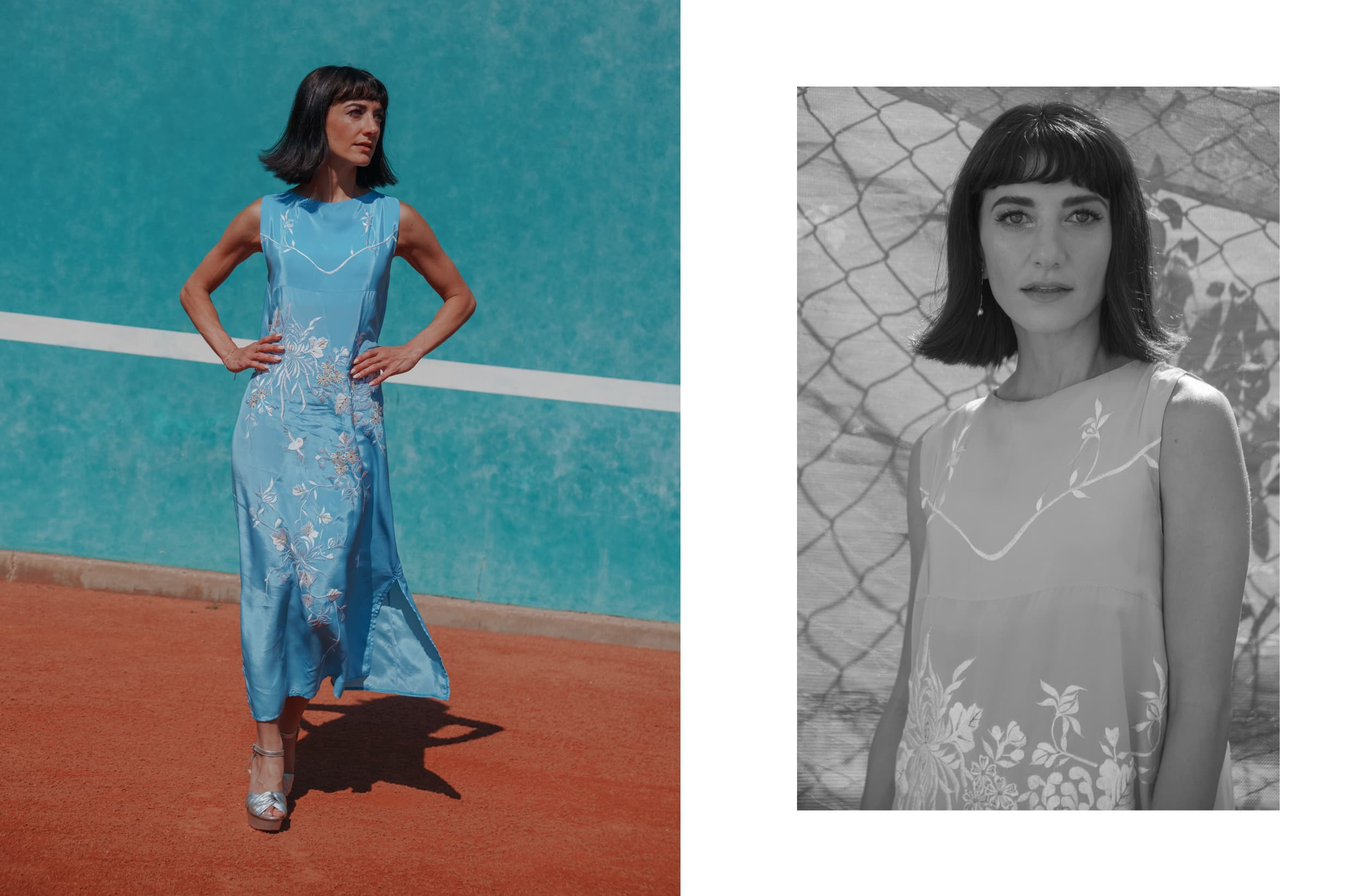Do you remember your dreams?
How many times we’ve been asked this question…and what if your country began to ask about your dreams under the false pretense that it is for your security? Are dreams our last standing piece of actual freedom?
“Land of Dreams” directed by Shirin Neshat and Shoja Azari poses questions and leaves them to open interpretation. We talked about this and much more with leading actress Shaila Vand, on how she built her character Simin in an unconventional way starting from just images and no dialogues nor script.
And remember…we all need to go full C.U.N.T.
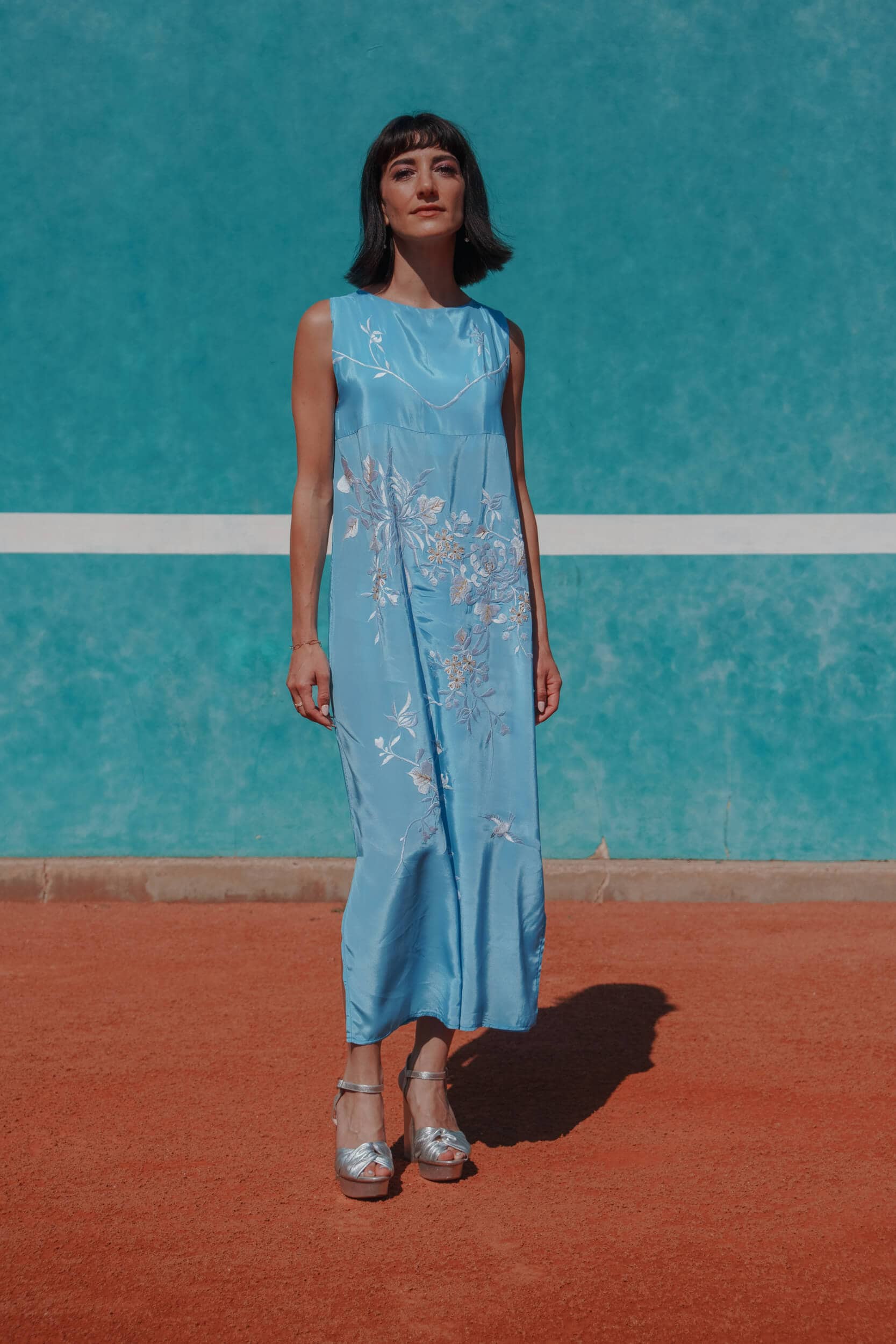
What was your reaction after you read the script for the first time? What was the first question you asked the director?
I had to make a short video version of it with Shirin [Neshat] before; we started to explore the story through images, which was very different from my normal experience with movies, and Shirin’s background is art and visual, so I got to know the world first, and there was no script at the beginning, she just approached me, she’d seen my past work, and she is a legend, and I’ve been a big fan of hers for many years, of her artworks, so right away I was excited about it. Then she brought Jean-Claude Carrière on, and he created these other characters and brought more absurdism and satire to it, and I got very excited because my character does all these weird things and you get to see so many sides of her, I get to play a lot of different colors in this movie.
What was your approach, since it was such an unconventional way to build a character?
Yeah, the character is a combination of my experience as a first-generation Iranian-American immigrant and Shirin’s experience being the generation before me, and what that feeling is like to live in a country that you don’t come from, and to live in exile, to have this identity that is more than one thing. I brought a lot of myself to the character, I also took advantage of the fact that it’s an art movie, so I could do things I don’t normally get to do, so I really wanted to have fun with that. I’ve always been fascinated by dreams, so that part was really easy, I thought a lot about dreams, I love dreaming and thinking about what it means, this piece of our mind that stays alive and awake while the rest of us shuts down, I think it’s so interesting what dreams can tell you. It was a lot of conversation and a very collaborative process.
Did you discover something about yourself while building this character, also about your heritage, or from the confrontation with Shirin, in terms of the different kinds of generations living in the US?
Yeah, I feel like every project I do, especially the ones that are close to my own identity, I explore deeper parts of myself. It’s nice when you’re an artist and actor because it’s kind of a safe space to explore and go into darker places and more difficult places. There are lots of heavy concepts in the film, but also it doesn’t take itself too seriously, there’s also a lot of playful stuff, there’s stuff that doesn’t even necessarily make sense because it’s all very dream-like. You see my character really progress from being passive in the beginning and just observing everything and trusting everything, to then starting to mistrust everything, and she becomes almost confused about what’s real and what’s not.
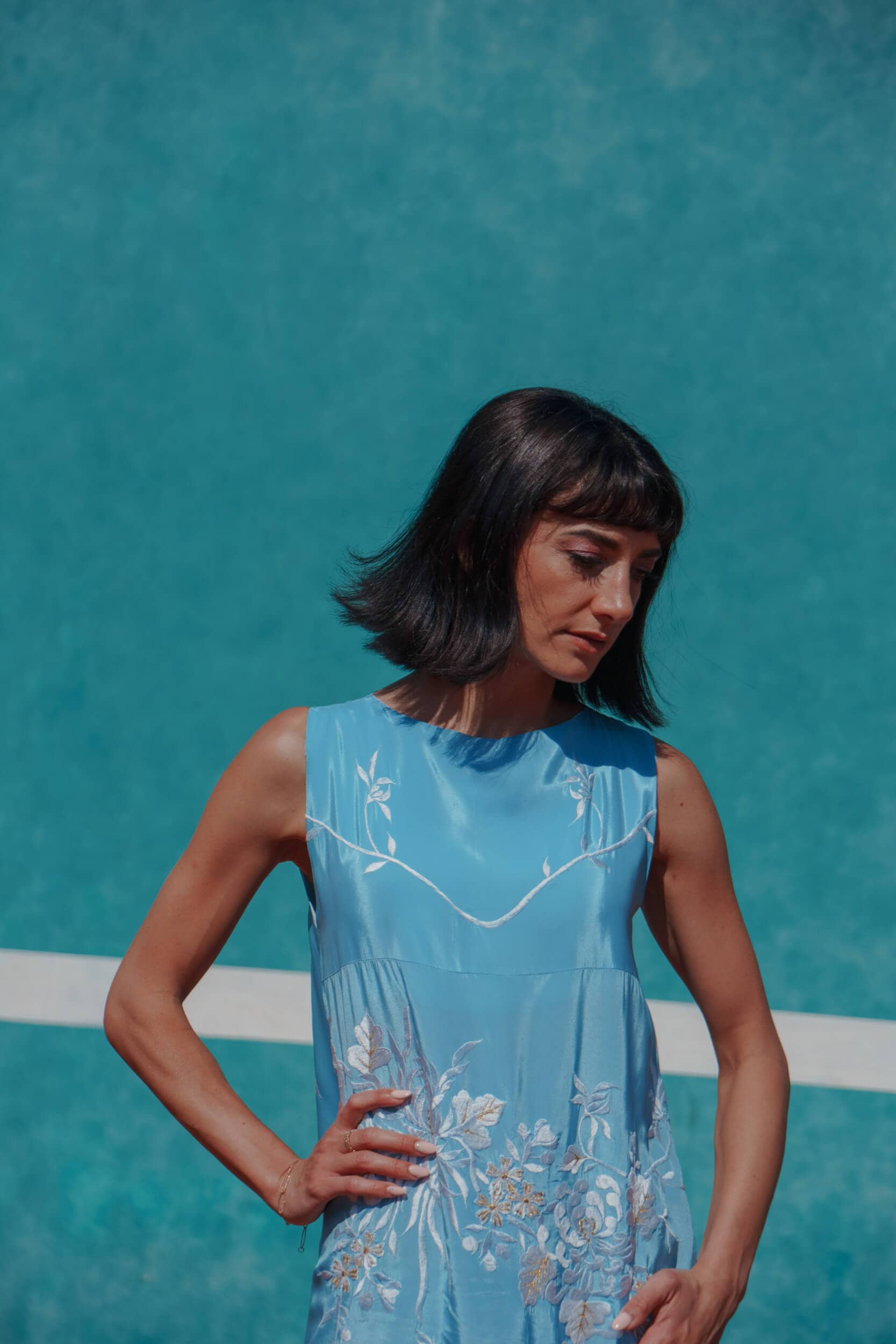
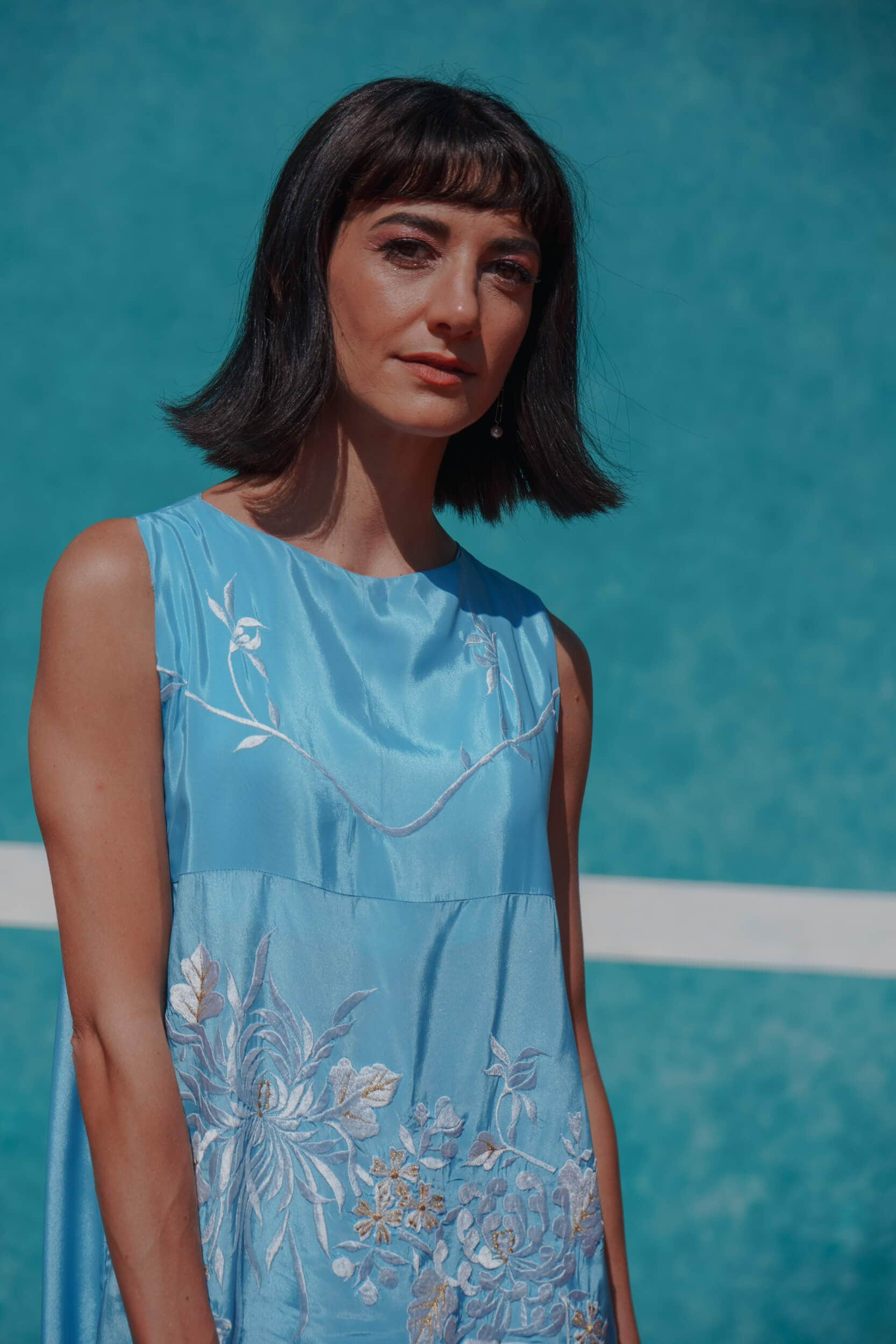
“I love dreaming and thinking about what it means, this piece of our mind that stays alive and awake while the rest of us shuts down”
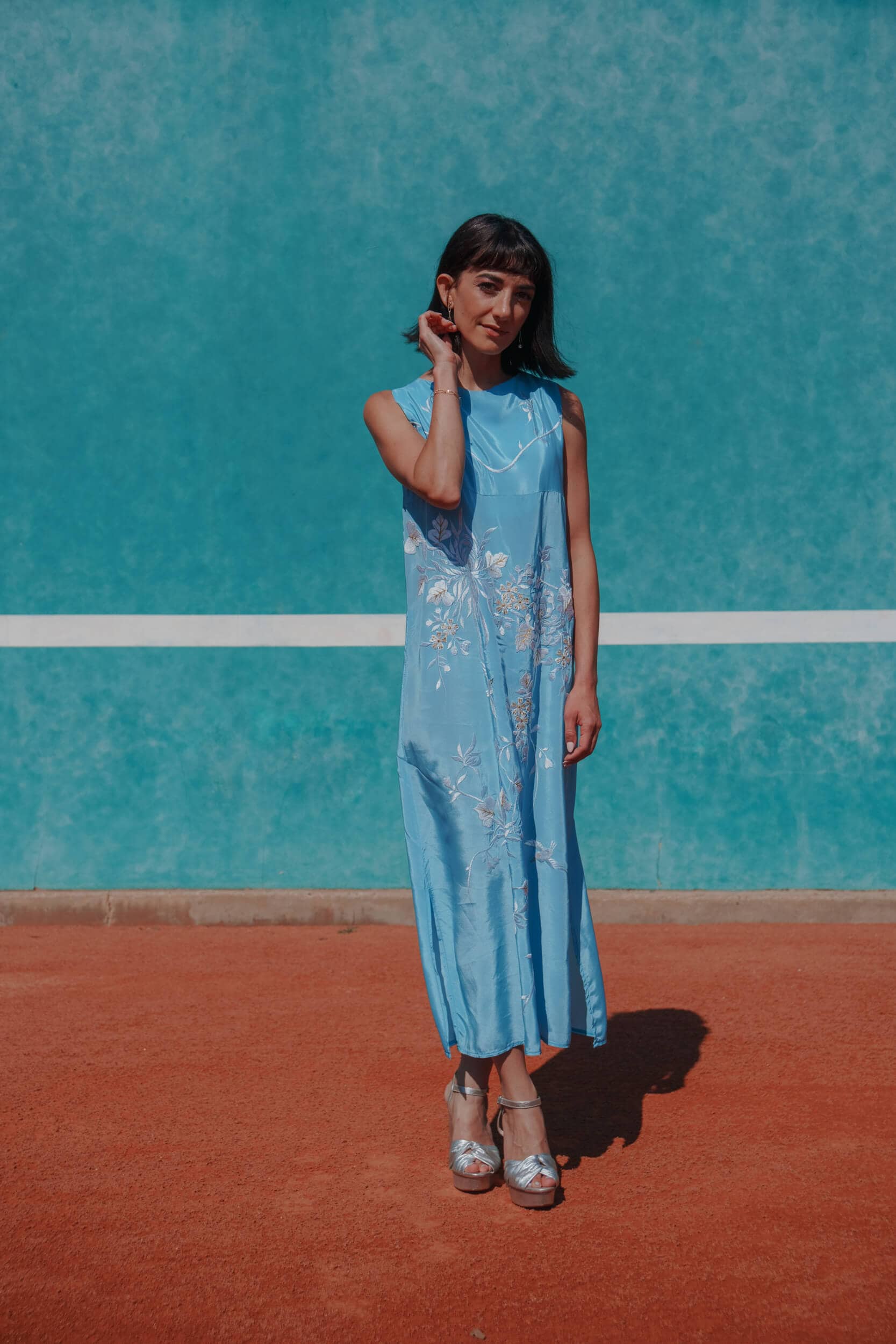
As you said, it’s hilarious and some scenes almost look absurd, but then, if you think about that, it might be kind of scary, how the control over people is portrayed. What do you think about it, what do you hope the audience can take away from this movie?
Unfortunately, I feel that we don’t have any privacy anymore, and in some ways, people think, “Oh, this movie is like a warning for the future,” but I think it’s already happened, we’ve already exposed so much of ourselves on social media, there’s so much technology that takes our information and our data without us knowing it; but something I love about the movie is that it tells you that dreams are something that can’t be controlled, dreams are probably the last thing that is ours. My character has this beautiful line in the movie, “Dreams are very powerful, but you’ll never be able to control them.” I hope that this movie is like a meditation for people on dreams, on the American identity, on the immigrant identity, but I also like that it leaves it open to interpretation, it doesn’t have its own agenda, it’s not telling you what to think or feel, it’s like a dream. I think every audience member can interpret it in a different way and project their own experience onto it.
I also found that the setting is kind of a character itself because you have this technology recording the dreams, but then you have this whole car, and everything feels like the 70s. I don’t know if it was filmed in New Mexico, but the car plate is from New Mexico, I recognized it because I’ve lived there and it’s beautiful there, it’s the land of enchantment, but at the same time it’s also a state that has seen many things of the American history.
I love New Mexico, that was the fourth movie that I filmed there and, as you said, it really is the land of enchantment. Something that’s so wonderful and interesting about it and so perfect for this movie is that that desert landscape could actually be somewhere in the middle of Iran. It’s in the middle of America, and also it looks like a landscape that could be familiar to this character that’s almost nostalgic of the deserts of Iran. Also, New Mexico is a very diverse place, and it’s not like the only Americans Simin is meeting are just stereotypical Americans, she meets all kinds of Americans, she meets immigrants, she meets Native Americans, and each has a different relationship with the government, a different relationship to their dreams, and a different relationship to this immigrant woman who comes knocking on their door. In a way, New Mexico is such a great place to have filmed this because it’s very diverse and it also has a lot of energy from the Native American culture. There’s a lot of respect for the land, and the land is majestic and so cinematic.
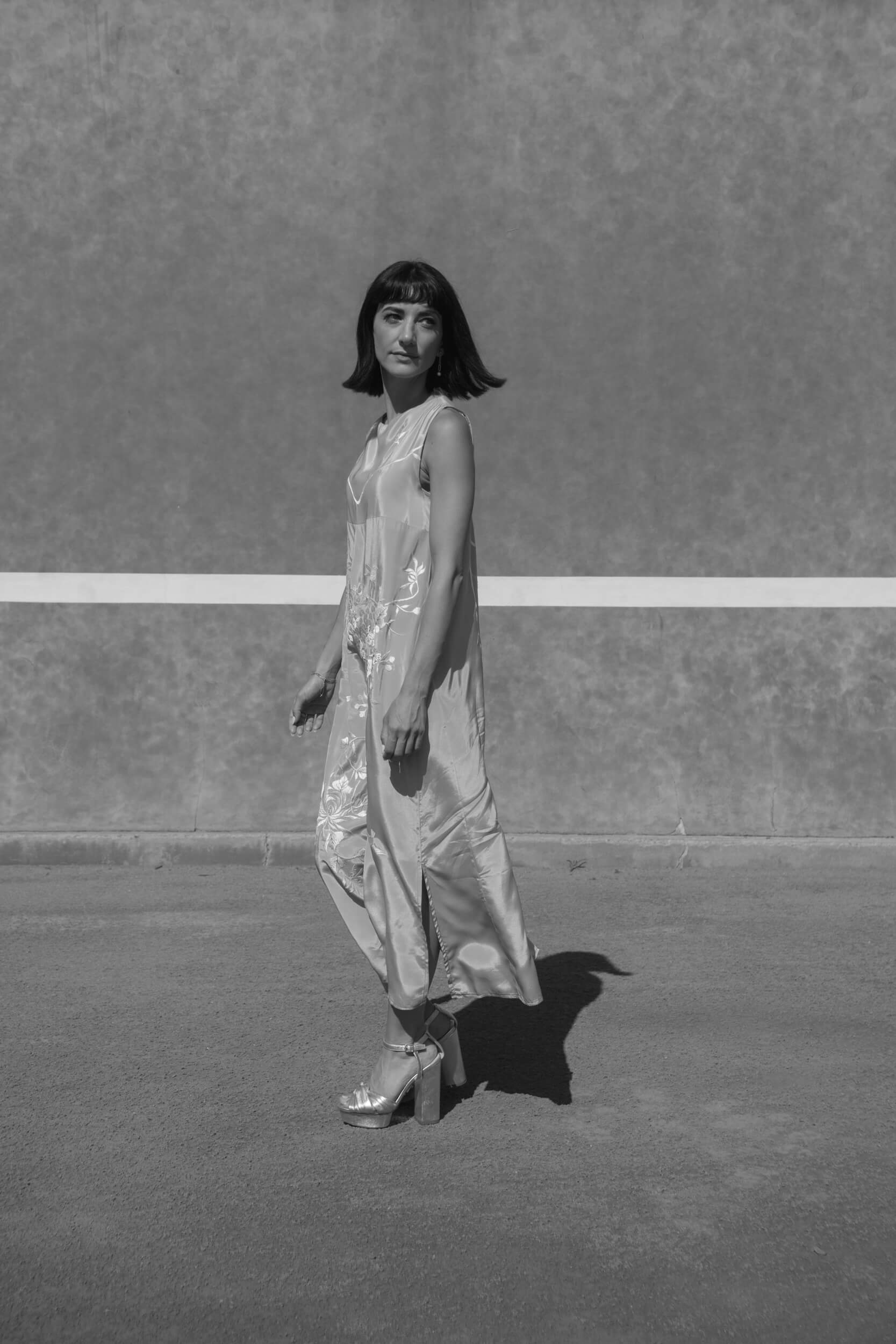
“Dreams are something that can’t be controlled, dreams are probably the last thing that is ours”.
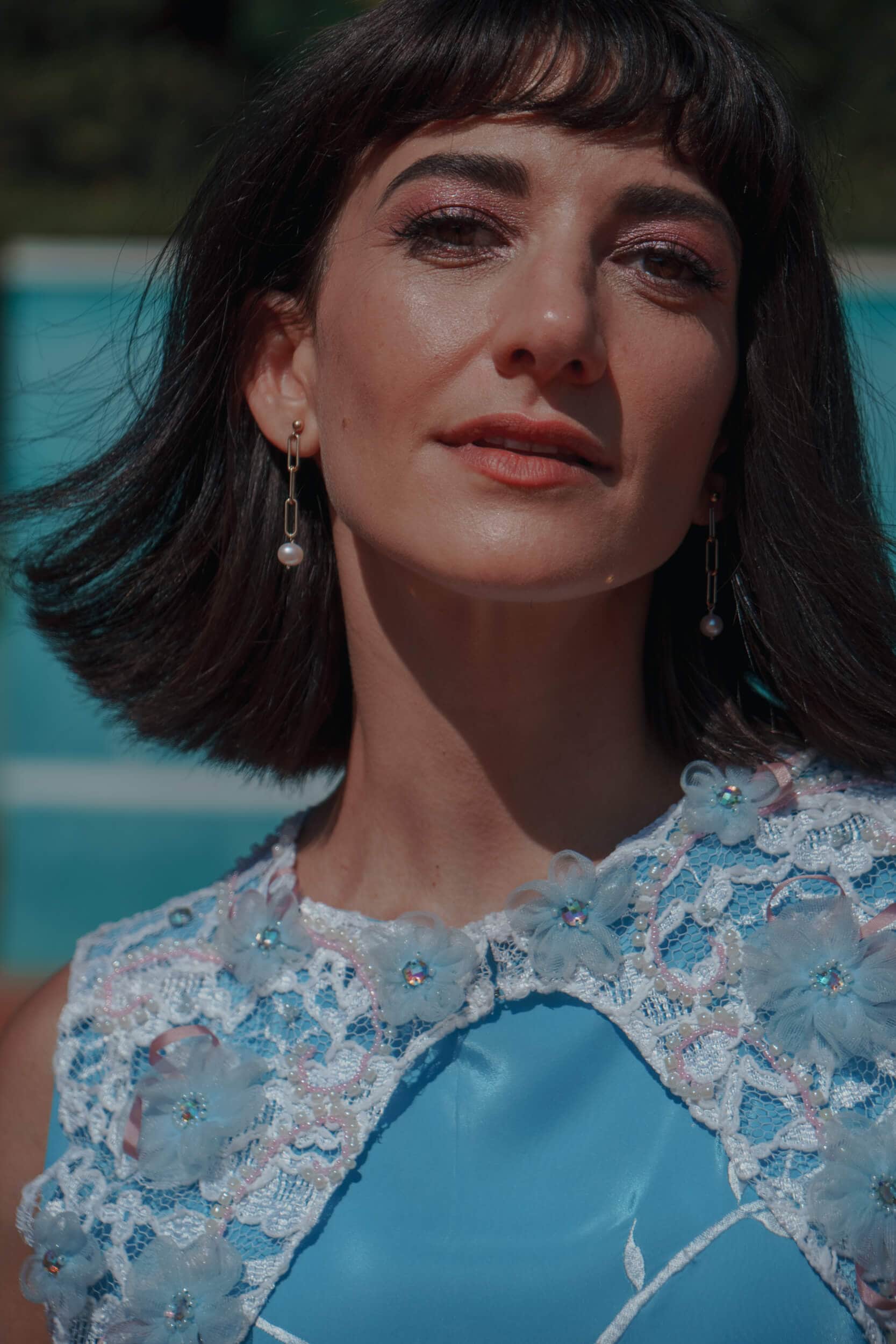
I used to live in a Mormon town, about two hours away from Albuquerque, close to the Arizona border, a very small town where you had the Zuni reservation on one side and the Navajo reservation on the other side; for me, coming from Italy, and I was 17, it felt like I was an immigrant, and this mix of cultures, the Natives, the European descendants, people from Central and South America, was amazing.
That’s what’s amazing about being American in a lot of ways, even though we’re in a difficult moment as a nation on so many levels. I think a lot of us are being confronted with our history and the American identity and what is that; it’s a pretty new country, compared to so many other places, compared to Europe, so it’s still finding out who it is, it’s like a teenager going through puberty, and I like that this film portrays it in that way. The people she meets are all kinds of people, not quite what you would expect.
I think that’s also the beauty of America, sometimes they forget to appreciate that you have so many cultures coming together, and you always find some common ground, like a desert that can remind you of your own country.
Yeah, and then she sees that Iranian colony in the middle of nowhere, and that really shakes her up because it’s this piece of her past. As you said, the movie feels like it takes place in the 70s, but it’s supposed to be the near future, there’s social media and technology, but there’s something timeless about it, as well, in the Iranian colony, these revolutionaries are stuck in time, they haven’t changed, they haven’t moved, they’ve kind of been forgotten, and I think that’s very real, too, America forgetting about these places they go into and start all this change. We’re seeing what’s happening in Afghanistan, it’s reflecting a lot of the movie, but the movie is also not political at all, it’s also about dreams, it’s also about these strange relationships that are very rooted in reality. I think dreams have that kind of dynamic, too, they always feel rooted in reality, something going on in your life, something you’re anxious about or afraid of, but then, at the same time, they’re strange, and exist with their own logic.
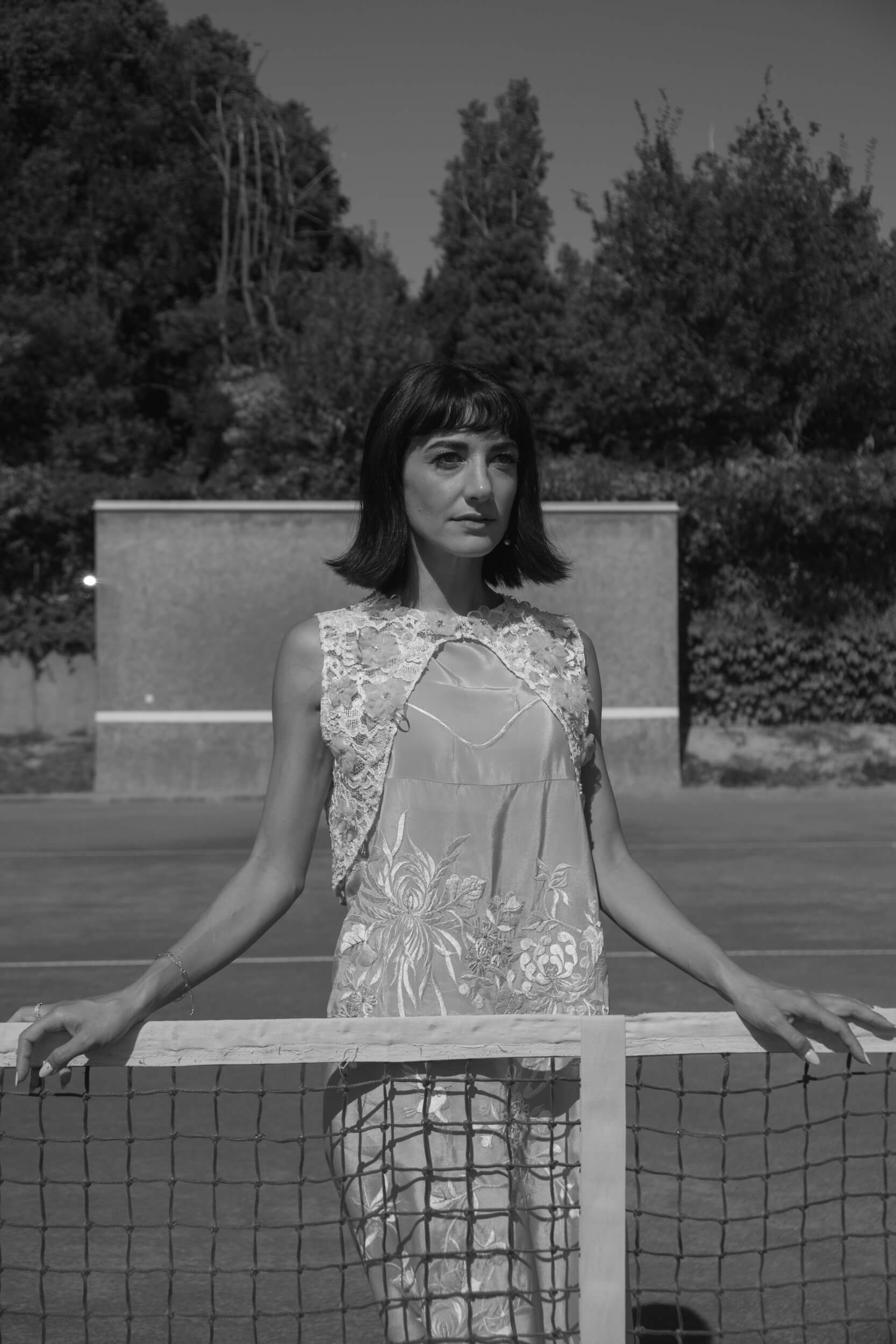
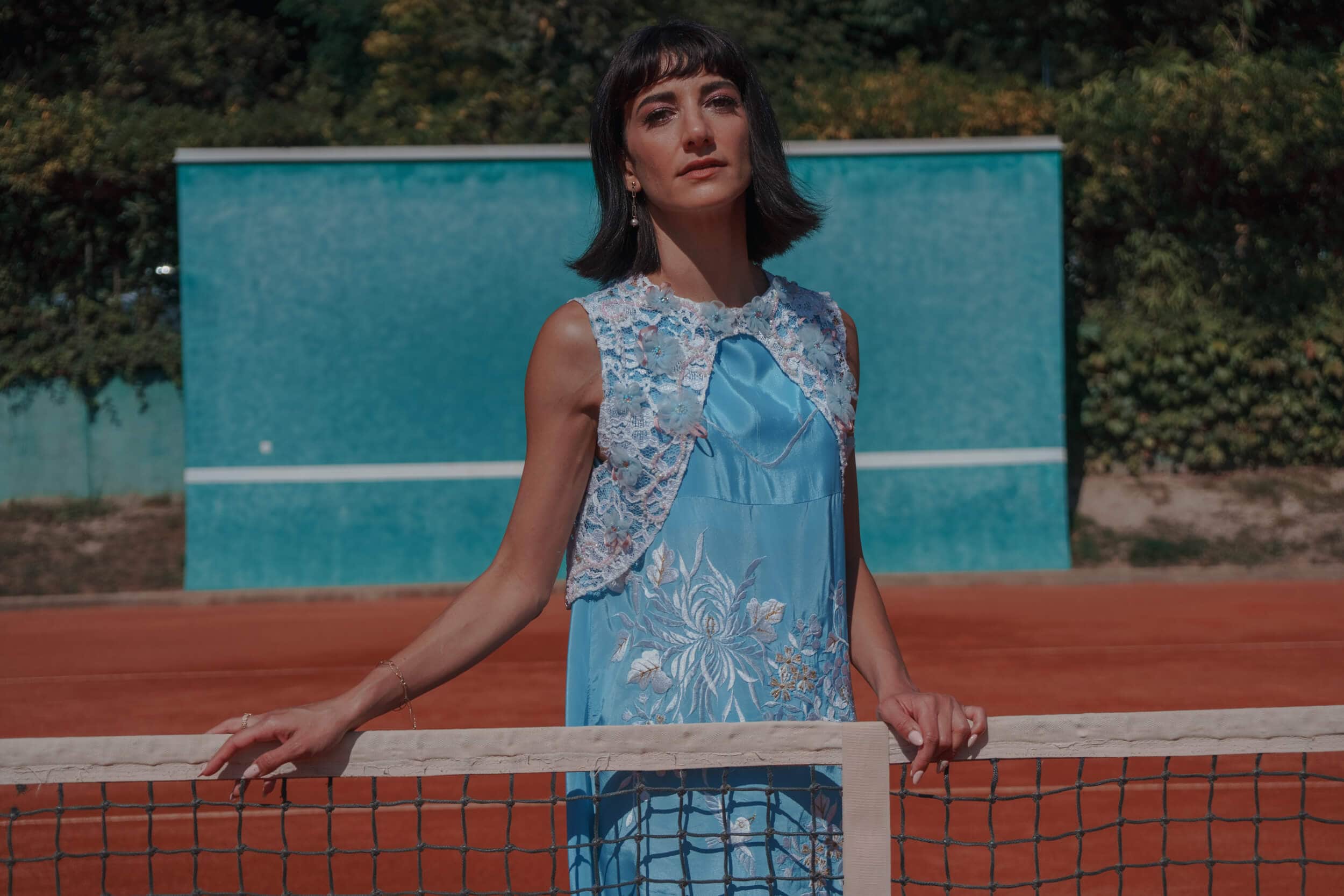
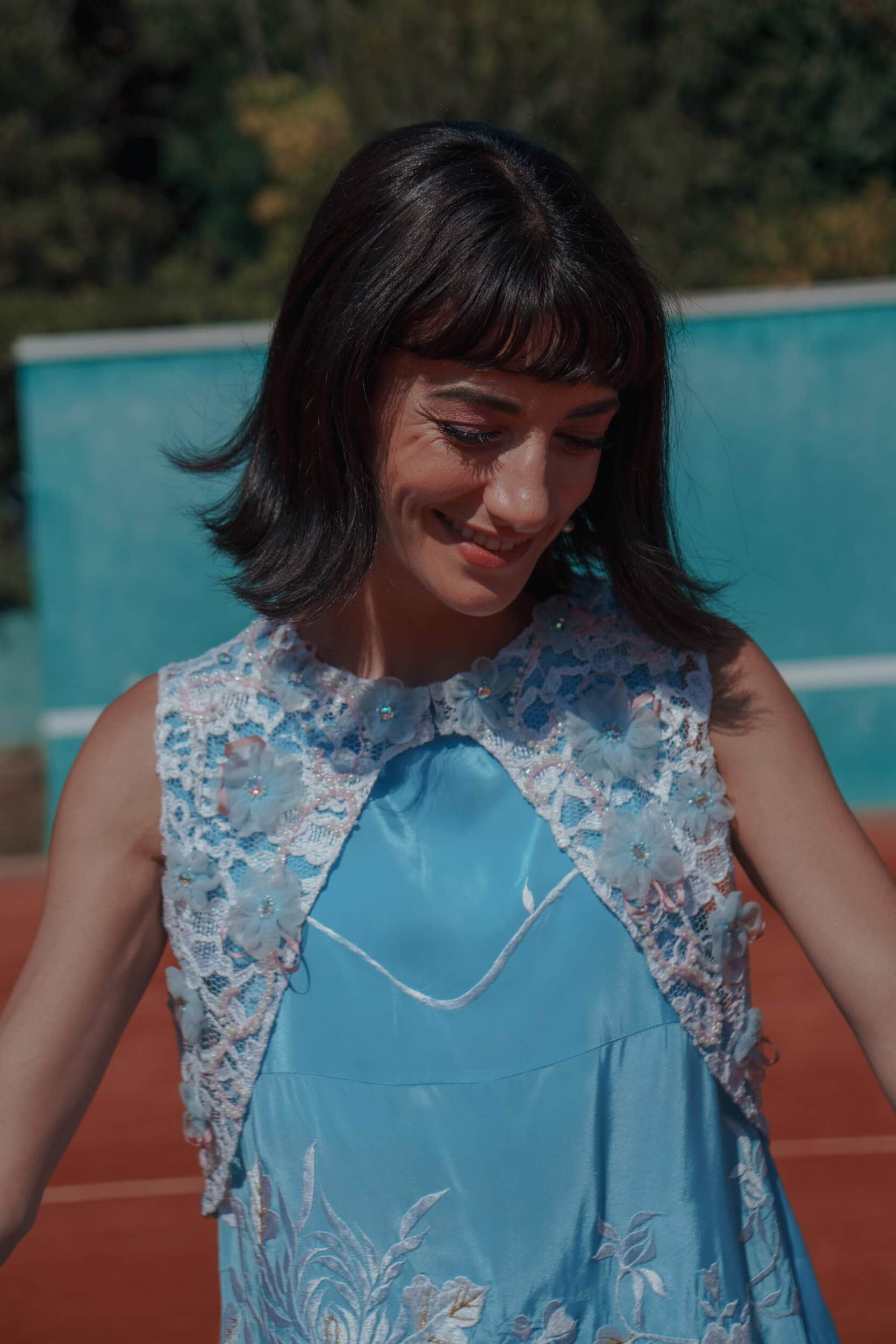
Do your dreams influence your job? Are they kind of inspirational?
I think that my jobs influence my dreams [laughs]. It’s funny since I move around so much for work and I have this crazy, recurring dream that I’ve had several times, where I try to leave the house, and I need to go and I can’t find all my things and I can’t get out of the house. I believe it’s because I move around so much that I live out of suitcases basically, my life is on the go, so, definitely, dreams are reflecting some of the deepest parts of ourselves. There’s a part of me that loves daydreaming, and loves to be in my imagination, so, as an artist, all of the things I make are kind of affected by dreams, I guess because they’re often from my own imagination.
I love going beyond realism, I feel like we already have realism all around us, so with cinema and with art I like to go past that and see where our imagination can take us. And dreams sometimes are just better than reality! My character feels in the same way, she would rather be in that world than in the real world, and when you see her play these wacky, colorful characters, you see this whole different side of her than the really shy girl all in black, this kind of quiet, guarded girl; then, on social media, she lets her guard down, but it’s almost sad, because on our computers and our phones, often, we are not who we are in our real life.
How would you describe “Land of Dreams” in one or two words?
Dreams and exile.
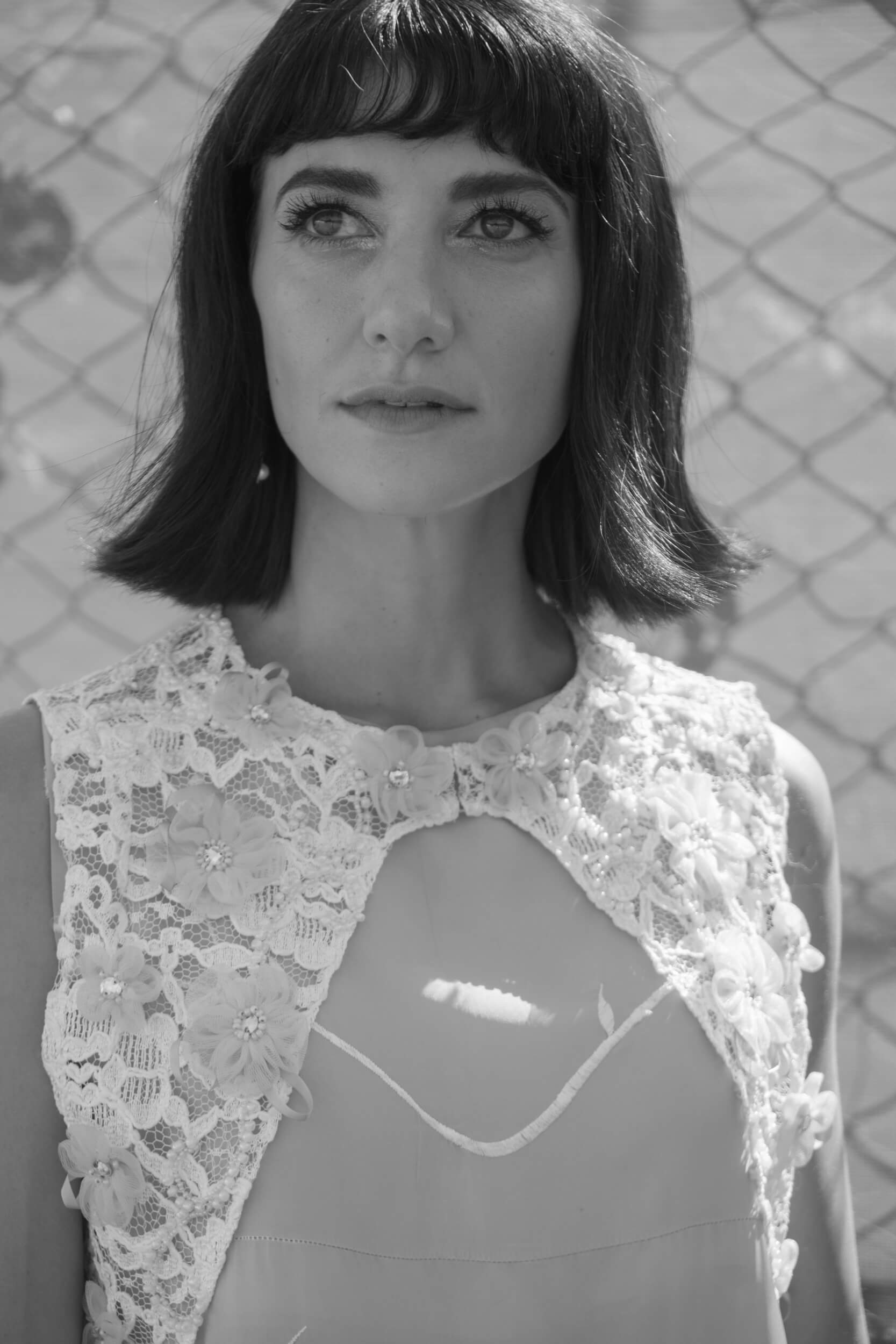
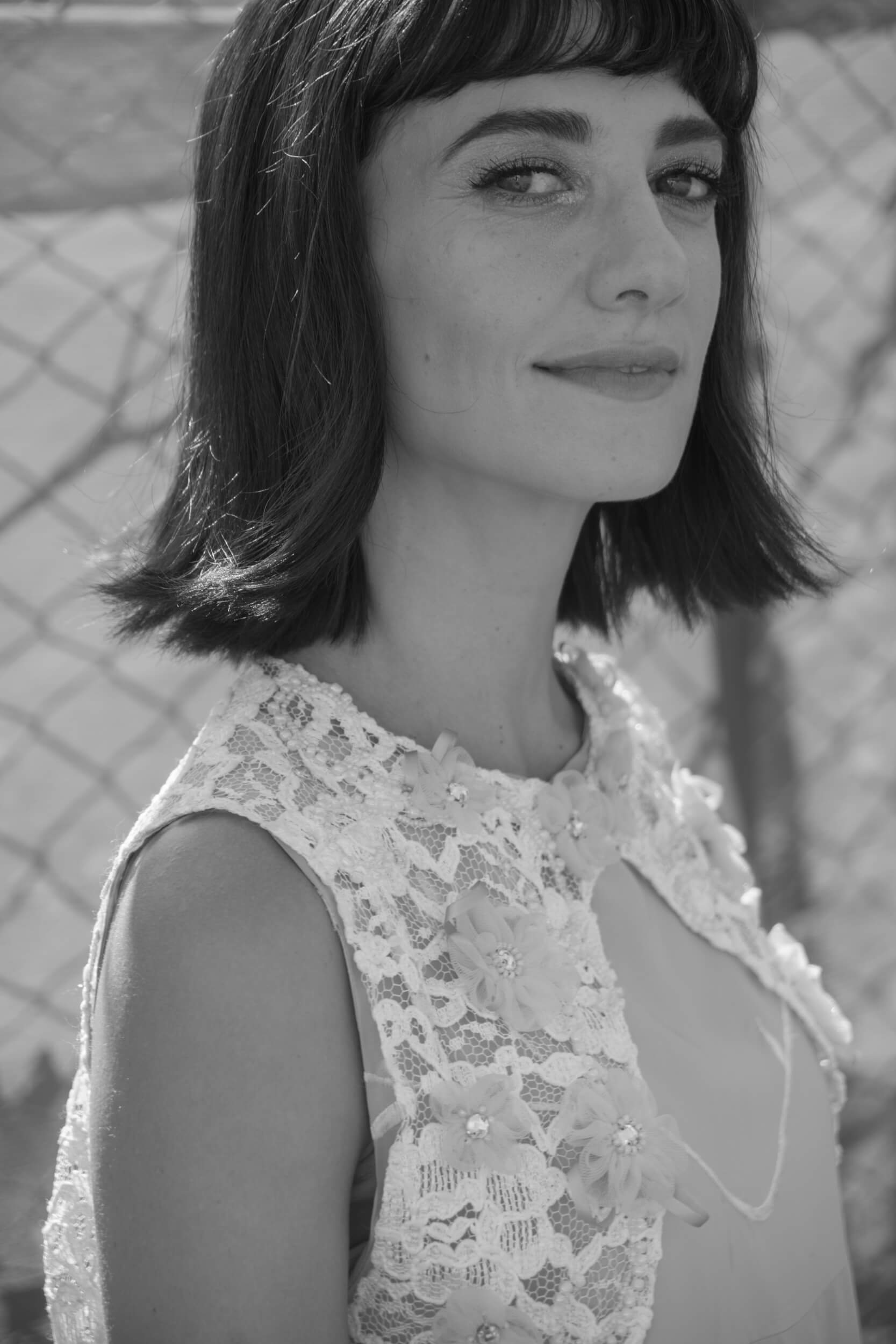
“I love going beyond realism, I feel like we already have realism all around us, so with cinema and with art I like to go past that and see where our imagination can take us.”
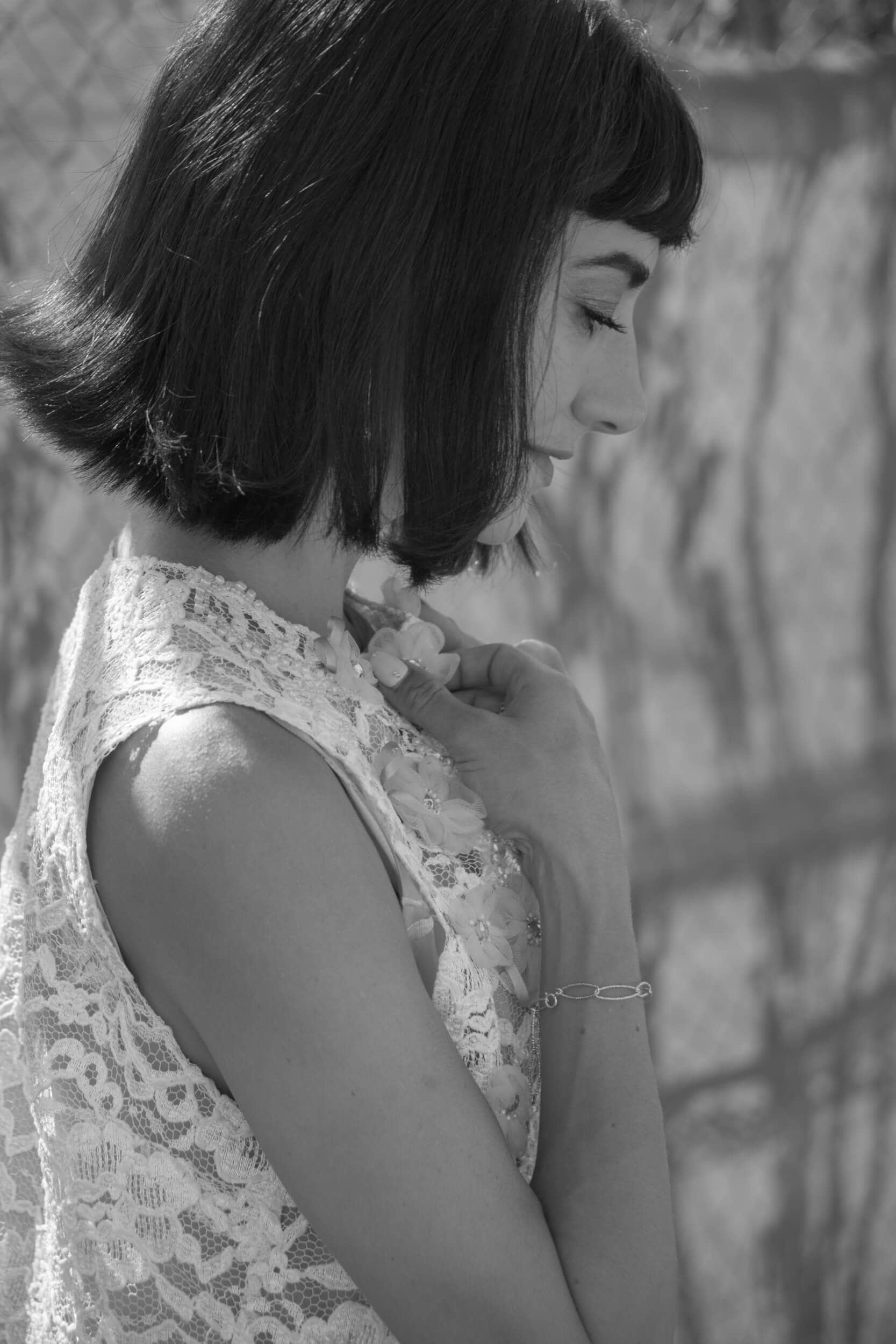
What’s your must-have on set?
Oh my God… Space [laughs].
I need some space. Sometimes actors get shit for asking for anything to be perfectly on, it’s a strange reputation; we live very lucky lives, and I feel blessed to work all the time, but it’s a strange thing to come in and (it sounds cheesy) really bring your spirit to work every day, and you’re around hundreds of people, usually, from movie to movie, and they’re new people, you meet people for the first time and it’s an environment where you have to balance all of that energy with the energy that’s hard to describe, which is that of really showing yourself and being really vulnerable.
So, I’ve learned, as I’m going along, that it’s important to me to just take this space sometimes, especially if it’s a very intense scene, like that “church scene.” It’s crazy to say, “I’m actually here to do a job,” but it’s to protect this performance, and sometimes you just need a moment, I find that really valuable, even if it’s 30 seconds in which you go in a corner and just reset your brain because, once they call action, you have to pretend that nobody else is there, there so much you have to tune out.
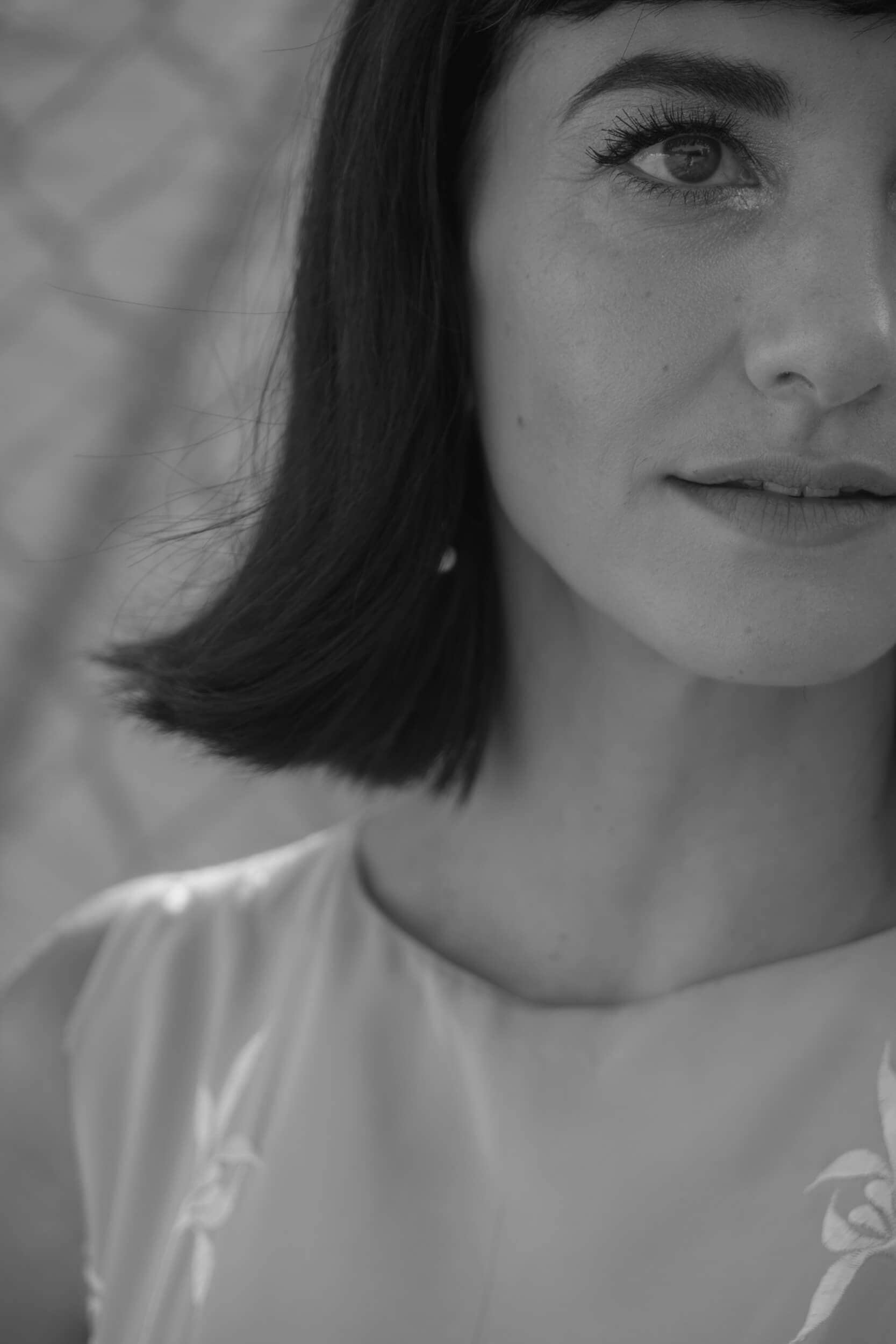
What does “feeling comfortable in your own skin” mean to you?
I’m still learning it, maybe for the rest of my life I will be learning that, but I will say it’s such a wonderful journey because the better you get at it, the more you get to be yourself, and the more you realize how good it feels when you’re not trying to please everybody else or worry about everyone else.
Especially as women, it’s embedded in us for generations to be polite, to be agreeable, not to be difficult, not to be emotional, even though men get angry and people love it as though anger is not an emotion. I love RuPaul, I live for “America’s Next Drag Queen,” and I’ve actually learned a lot from it. RuPaul says, “What it takes to be a star, what it takes to be yourself is charisma, uniqueness, nerve, and talent, which spells out C.U.N.T.” To become a full C.U.N.T., you need all those things [laughs], and after I watched that show, I said, “You know what, I think I have charisma, and I think I have uniqueness, I know I have talent, but I don’t have the nerve.”
So, I feel like we have to remember, especially us, women, that to be ourselves, to be comfortable in our own skin, we need to fucking be audacious, have the nerve. So many people make us feel like we have to tone it down, water down who we are, but that’s not who I am: I cry, I’m emotional, I’m passionate, and I don’t want to water those things down, so I’m working on the nerve, to be myself, to be my “full C.U.N.T.” [laughs]. We have talent, we’re all unique, but I feel we’ve learned over the years, unfortunately, to be ashamed of owning our power. Also as an actor, I worry that people are going to think that I’m too egotistical, I’m a diva, but then I’m like, “Fuck it, the whole thing is a goddamn show, it’s all a performance anyways.”
I used to shrink in front of the photos, but now I’m like, “You know what? I’m going to put on a show for you” because it’s so crazy anyway, and RuPaul said so.
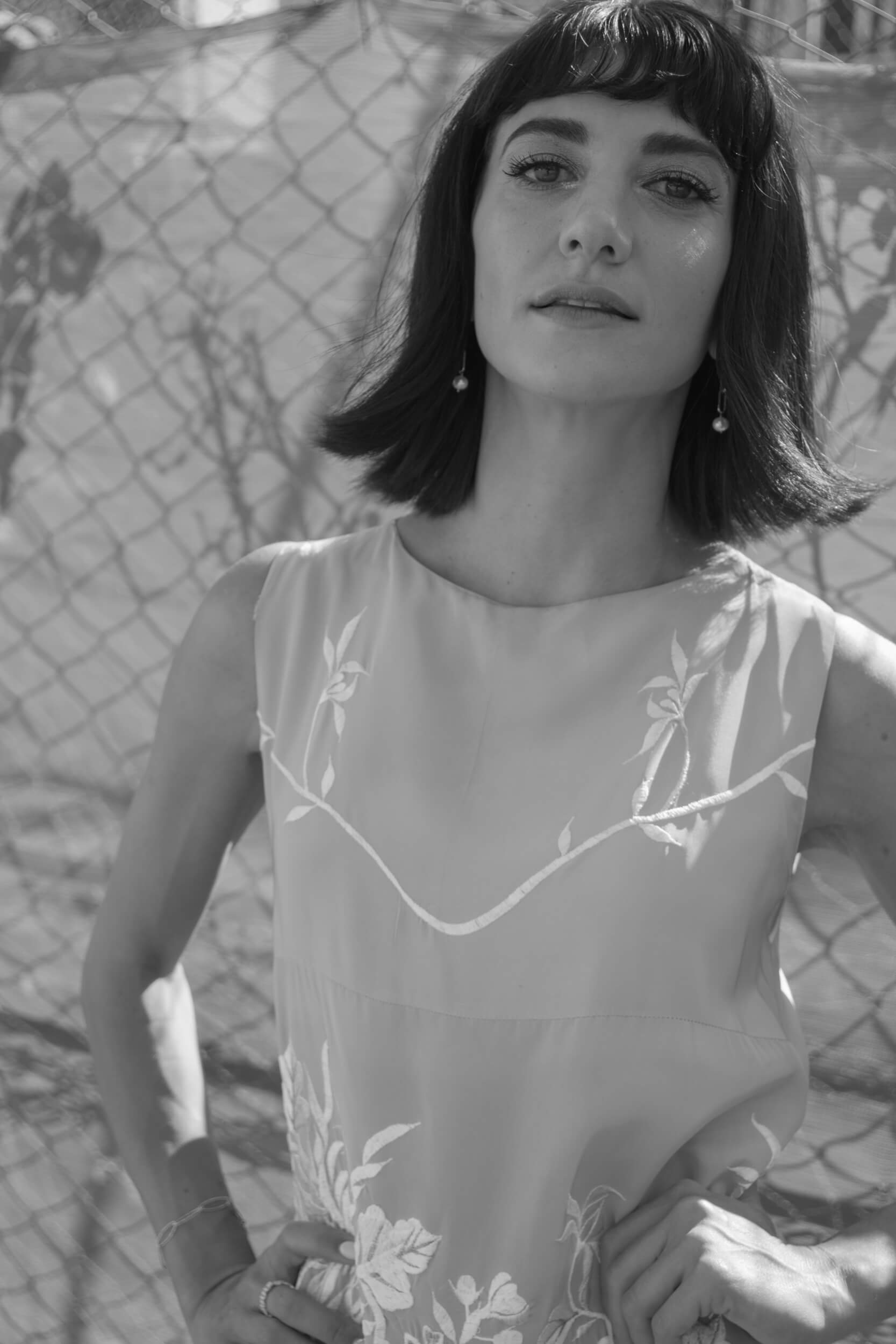
Photos by Johnny Carrano.
Look by Comme des Garçons.

